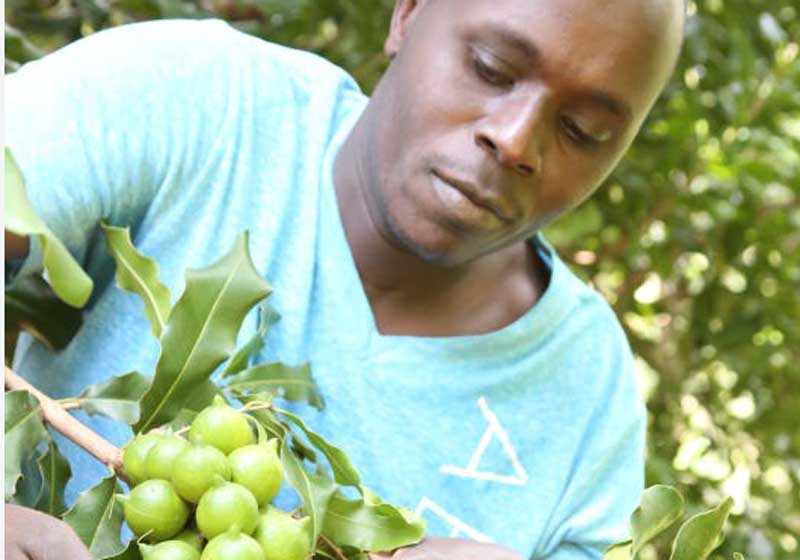×
The Standard e-Paper
Fearless, Trusted News

Even as the Government attempts to turn around the fortunes of coffee farmers in central Kenya, the number of those replacing the bushes with macadamia trees is one the rise.
Spurred on by the seemingly insatiable demands of a thriving nut export market, the farmers are benefiting from prompt payments and lucrative returns uncommon in the coffee sector.